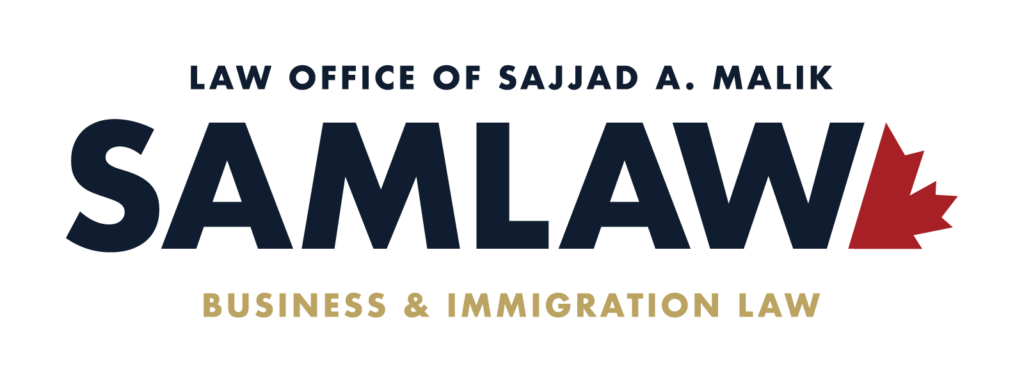Work in Canada FAQs
Foreign nationals who are not allowed to enter Canada for security, criminality or health reasons are called inadmissible.
The CBSA investigates foreign nationals for immigration violations and has authority to take action against those who do not have the right to enter or stay in Canada.
- What are the different grounds of inadmissibility?
The 11 grounds of inadmissibility are as follows:
- Security
- Human or international right violations
- Serious Criminality
- Criminality
- Organized Criminality
- Health Grounds
- Financial Reasons
- Misrepresentation
- Cessation of refugee protection
- Failure to comply with IRPA
- Inadmissible family member
- What is criminal inadmissibility?
Criminal inadmissibility means restriction to stay or enter Canada due to the crime committed or due to conviction in or outside Canada.
- What does medical inadmissibility for excessive demand reasons mean?
It means that inadmissibility is because applicants’ health condition might have excessive demand for medical services.
If the excessive demand for medical services to treat the health condition negatively affects the wait times and costs more than the Canadian average for health and social services/person, it could lead to inadmissibility in Canada.
- I require medical assistance every two months. What factors will be considered by officers to determine my inadmissibility?
Officers make the inadmissibility decision by looking at medical exam results. They consider the following factors before deciding.
- Current health condition.
- Likely diagnosis.
- Cost of health and social services needed in the next 5 to 10 years period.
- Waitlist affected by dependence on medical care.
- I am a refugee. Does medical inadmissibility due to excessive demand reasons apply to me?
No, medical inadmissibility due to excessive demand reasons does not apply to you. It is also not applicable to protected persons and sponsored family class members, including dependent spouse /common-law partner and children.
It only applies to foreign nationals who are not Canadian citizens or permanent residents.
- I have a family emergency in Canada, but I have a criminal record. Can I enter or stay in Canada?
You are inadmissible on the criminal grounds, but you may be eligible to apply for a temporary resident permit as Family emergency is a genuine reason to travel and you do not cause any risk due to your inadmissibility.
- I was convicted of a crime a few years ago but received a pardon. Am I still inadmissible?
If you have received a pardon, you are no longer inadmissible.
- I have applied for Permanent residence. Can the visa officer deny my application on financial grounds?
When processing an application abroad, a visa officer will assess your financial resources, job offers, and employability. Upon arrival in Canada, an officer will verify if you have employment or have sufficient funds for six months. Failure to satisfy the visa officer that you are self-sufficient and able to support dependents in Canada physically and legally may result in financial inadmissibility.
- I am a refugee and have applied for PR. Can my application get rejected on financial grounds?
Convention refugees and protected persons who apply for PR are exempt from being found inadmissible on financial grounds.
- I have mistakenly missed mentioning about my criminal record in my PR application. Can my application get rejected on the grounds of misrepresentation?
Withholding information yourself on your behalf is called direct misrepresentation. Withholding information about the criminal record induces or could induce an error in the administration of IRPA and; therefore, you would be inadmissible on the grounds of misrepresentation.
11.I am inadmissible on medical grounds, but I have a pre-arranged medical treatment in Canada. What should I do?
If you wish to come to Canada for pre-arranged medical treatment, but you are inadmissible on health grounds, an officer may consider such factors as whether you are suffering from contagious disease, whether the treatment is available in your home country, the anticipated cost of the treatment, the expected need for health and social services concerning the demand for these services by Canadians, and how you will cover such medical expenses. A TRP may be issued in such a case unless you are suffering from contagious disease.
